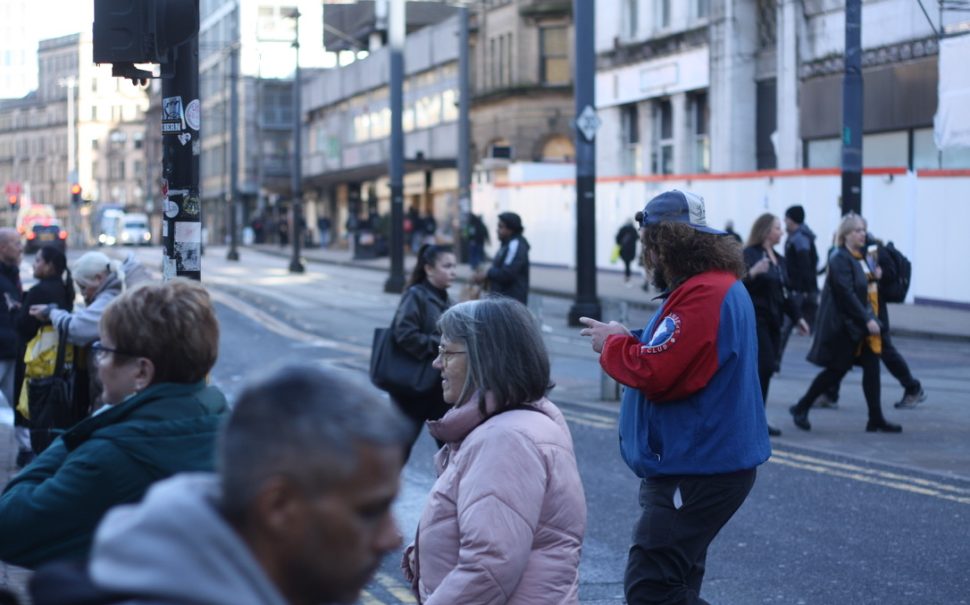Manchester City Council has approved half a million pounds in funding for the Manchester Active Travel Strategy.
The Deputy Chief Executive & City Treasury pledged to commit £571,000 to the Travel Strategy & Investment Plan, which was initially adopted in February 2023.
This scheme aims to encourage walking, wheeling and cycling as a healthy, cheaper and more environmentally friendly way of commuting to and from different areas of the city.
Tracey Rawlins, the executive member for environment and transport for Manchester City Council said: “None of us dream of a world where we would sit trapped in cars on congested roads, or breathe dirty air, or live further away from the things we need.”
She hopes the city wide adoption of ‘active travel’ will help realise a more efficient city transport network.
‘Active travel’ is defined by the council as any form of sustainable transport that is predominantly ‘human powered’ – mainly focused on walking and cycling.
A spokesperson for the City Council said: “Funding will be applied to both developing a pipeline of active travel schemes to put forward for future capital funding, and on supporting infrastructure which could include things such as cycle parking, School Streets and expanding 20mph zones to more residential areas.
“A lot of trips currently made by car could be made by walking or cycling, with relatively minor interventions to enable safer and easier journeys.”
In Greater Manchester more than 30% of trips under 1km are made in a car. Between one and two kilometres, that number rises to 62%.
One of the main aims of the strategy before 2040 is to reduce car use from 61% to 50% of daily trips, with improvements to the Bee Network aiming to make up the other half of travel within the city.
The City Council aims to achieve approximately one million more trips each day using active travel or public transport in Greater Manchester by 2040, and crucially, no net growth in motor vehicle traffic.
Action to encourage walking, wheeling and cycling must be taken if the council wants to achieve this 2040 target.
Their plans suggest that they will reduce the default speed limit in the city to 20mph, whilst also reducing current 40mph limits down to 30mph – with the hope of encouraging, particularly cyclists to feel safer on the roads.
The report also identifies a substantial uplift in public cycle parking in town centres, as well as critical improvements to footpaths, seating and lighting to support walkers.
Featured image credit: Charlie Valentine




